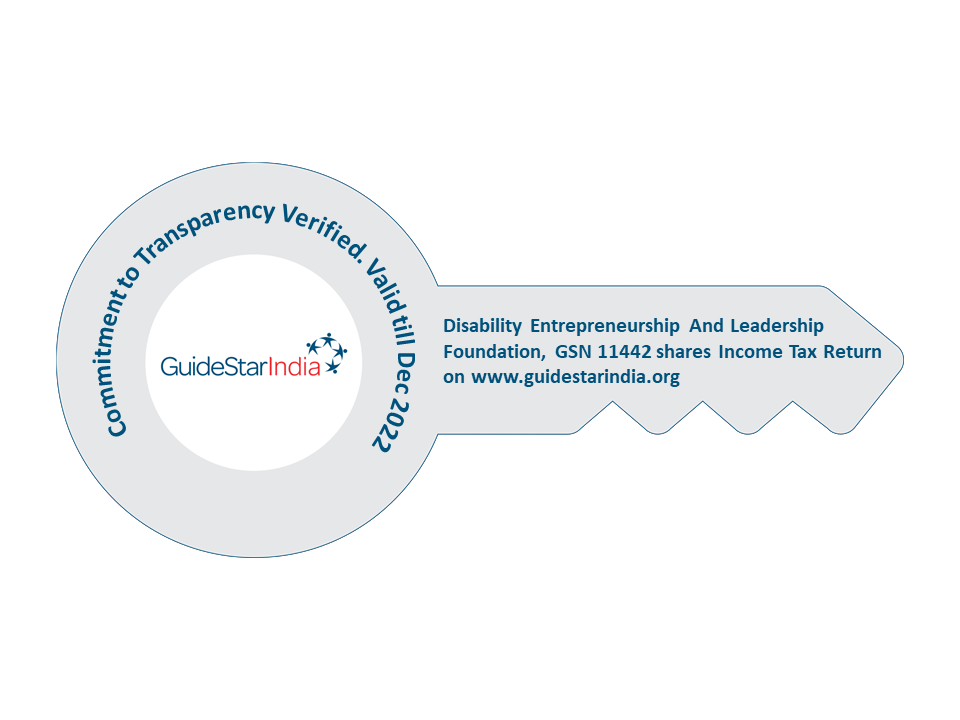COVID-19 has all of us stressed out, between worries of coming down with the nasty virus and seemingly endless searches for vaccination appointments. Research has shown that the COVID-19 pandemic has not only affected people’s physical health, but it’s come with a heavy psychological toll as well. In a study published in July 2020 in Globalization and Health, experts found that COVID-19 has been directly responsible for increased stress, anxiety, and depression in people and communities around the world.
Many people disabilities struggle with pain, fatigue, stress, anxiety, and depression, along with other symptoms. Meditation can provide people with disabilities with a sense of control and escapism that is helpful for the development of healthy and effective coping strategies.
Meditation can be defined as a set of techniques that are intended to encourage a heightened state of awareness and focused attention. Meditation is also a consciousness-changing technique that has been shown to have a wide number of benefits on psychological well-being
Key notes about meditation:
- Meditation has been practiced in cultures all over the world for thousands of years.
- Nearly every religion, including Buddhism, Hinduism, Christianity, Judaism, and Islam, has a tradition of using meditative practices.
- While meditation is often used for religious purposes, many people practice it independently of any religious or spiritual beliefs or practices.
- Meditation can also be used as a psychotherapeutic technique.
- There are many different types of meditation.
Types of meditation:
Meditation can take to many forms, but there are two main types:
- Concentrative meditation:
This involves focusing all of your attention on a specific object while tuning out everything else around you. The goal is to really experience whatever you are focusing on, whether it’s your breath, a specific word, or a mantra in order to reach a higher state of being.
- Mindfulness meditation:
This includes both ‘mindfulness based stress reduction (MBSR)’ and ‘mindfulness based cognitive therapy (MBCT)’. Mindfulness can target different issues, such as depression, which means that its focus may be different from practice to practice. Overall, it involves the state of being aware of and involved in the present moment and making yourself open, aware, and accepting.
Benefits of meditation:
Meditation can give you a sense of calm, peace and balance that can benefit both your emotional well-being and your overall health. A few benefits of meditation are:
- Reduces stress
- Controls anxiety
- Promotes emotional health
- Enhances self-awareness
- Lengthens attention span
- May reduce age-related memory loss
- Can generate kindness
- May help fight addictions
- Improves sleep
- Helps control pain
- Can decrease blood pressure
The effectiveness of meditation varies from person to person, and no two participants are the same. However, some people with disabilities have found that engaging in meditative practices has helped them reduce physical symptoms, as well as improving mental wellness.
Studies have also shown that mindfulness can be beneficial for addressing some behavioral, psychological, and physical problems in children with developmental disabilities such as intellectual disability or Autism Spectrum Disorder.
Tips for meditating:
Here are some tips and tricks that will help you get started on a beneficial meditation practice:
- Start slow
Begin by doing short sessions of around 5 to 10 minutes a day, and then work your way up progressively to longer sessions.
- Set a schedule
Try meditating at the same time each day—for a few minutes first thing in the morning, for example.
- Get comfortable
Sitting cross-legged on the floor is one option, but comfort is the real key. You need to be in a position where you can sit for several minutes without getting uncomfortable, stiff, or restless.
- Focus on what you are feeling
Breathe naturally and notice the feelings and sensations that you experience as you breathe in and out.
- Don’t try to suppress feelings
Your mind is bound to wander as you meditate—and sometimes this can lead to thoughts and feelings and are uncomfortable or even distressing. The goal isn’t to clear your mind of such thoughts. Instead, acknowledge these thoughts without judging them, and then gently guide your focus back toward your breathing.
The bottom line is meditation is something everyone can do to improve their mental and emotional health. You can do it anywhere, without special equipment or memberships.
Alternatively, meditation courses and support groups are widely available. There’s a great variety of styles too, each with different strengths and benefits.
Trying out a style of mediation suited to your goals is a great way to improve your quality of life, even if you only have a few minutes to do it each day.
(Sources: everydayhealth.com, verywellmind.com, mayoclinic.org, healthline.com, sunrisemedical.com.au)


 Awarded by Guidestar India
Awarded by Guidestar India